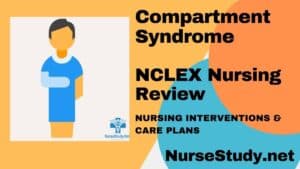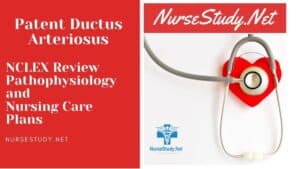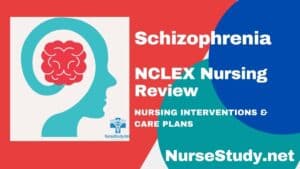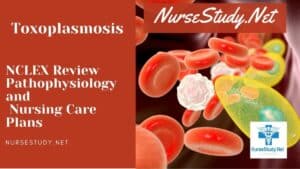Necrotizing Fasciitis Nursing Diagnosis & Care Plan
Necrotizing fasciitis, often called the “flesh-eating disease,” is a rare but severe bacterial infection that rapidly destroys soft tissue and fascia. This condition is a medical emergency requiring immediate intervention. Causes (Related to) Necrotizing fasciitis can result from various factors compromising the skin’s integrity or immune system function. The following are common causes of necrotizing … See Nursing Diagnoses




